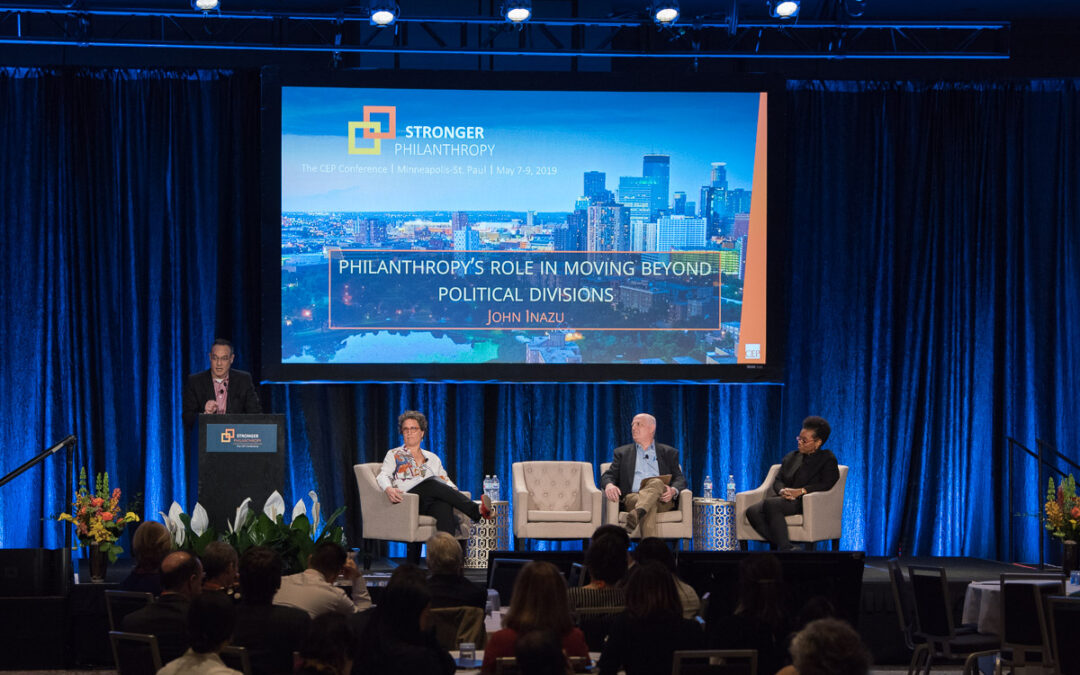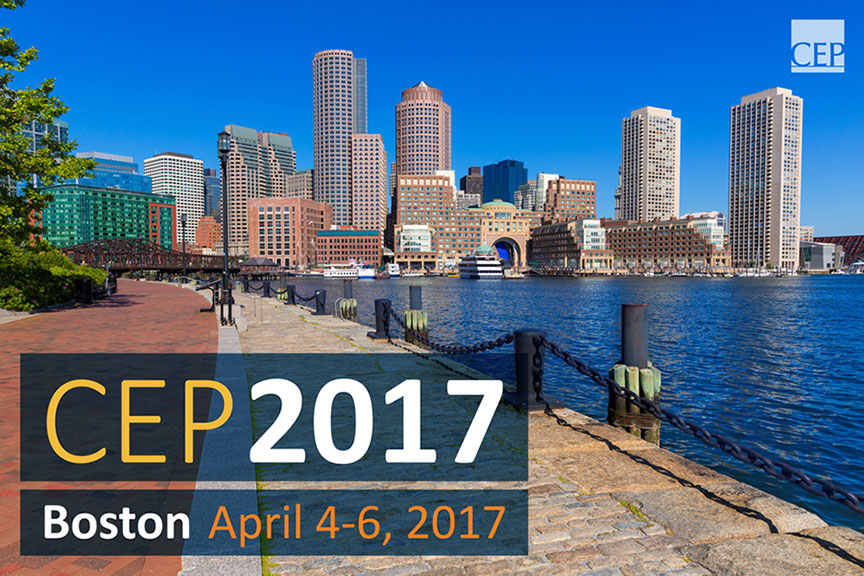
Blog
Pursuing Results: What We Hope to Learn in Detroit
Date: January 17, 2013
Never Miss A Post
Share this Post:
Editor’s Note: CEP publishes a range of perspectives. The views expressed here are those of the authors, not necessarily those of CEP.

